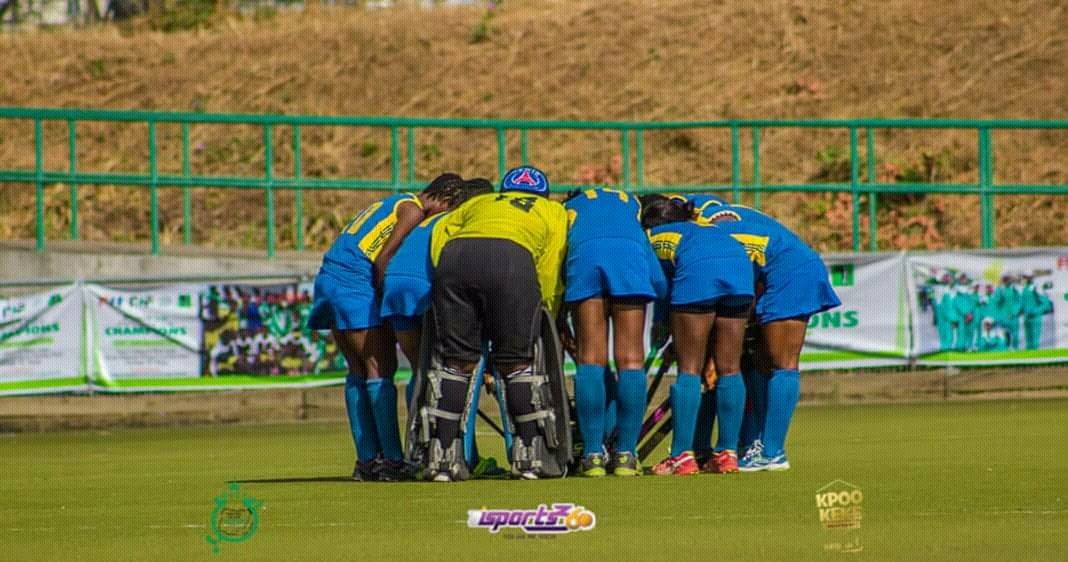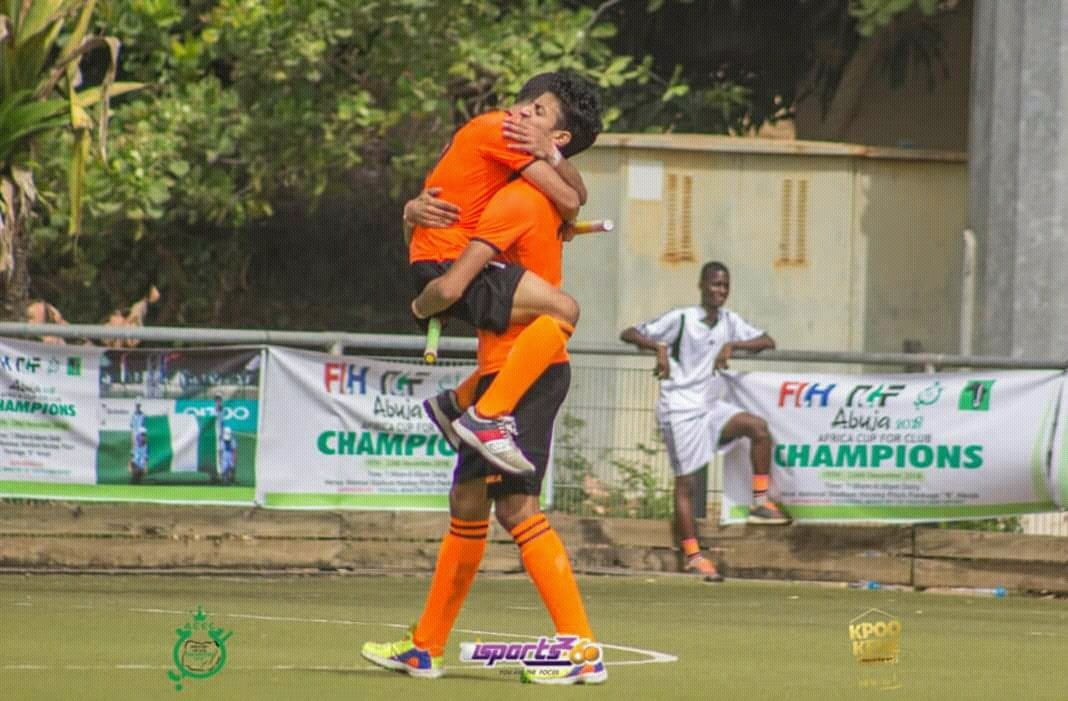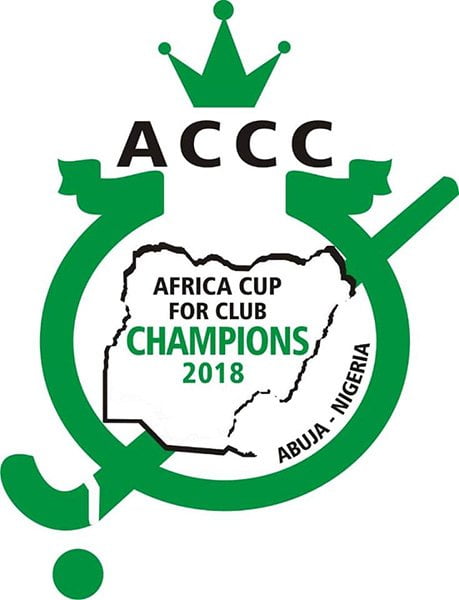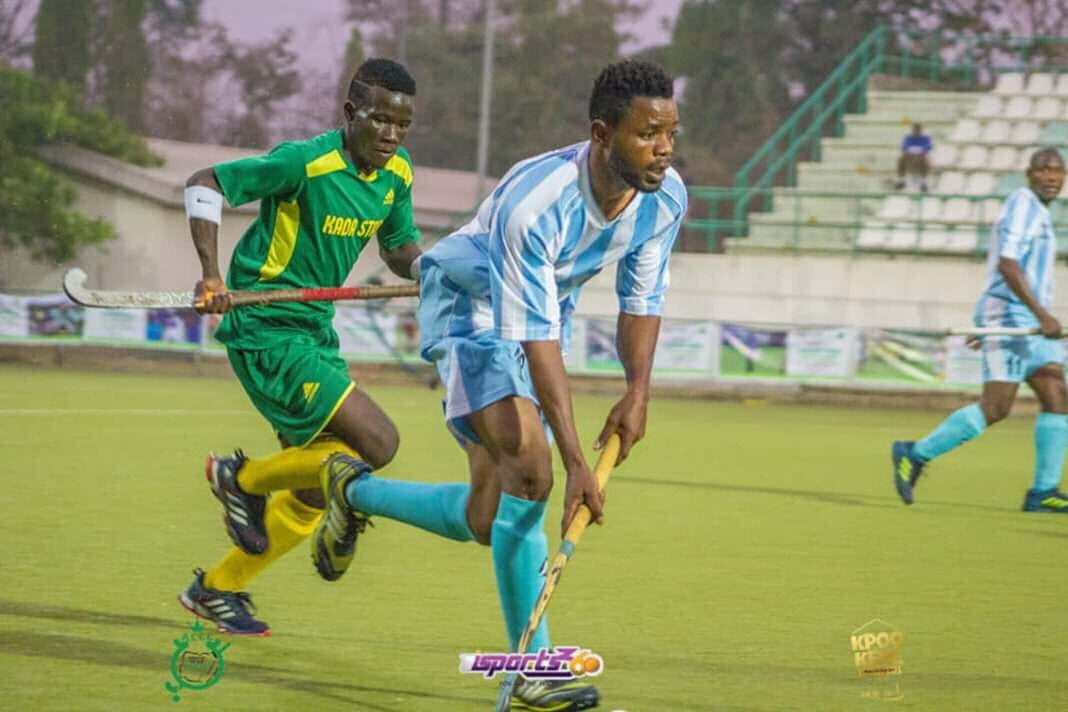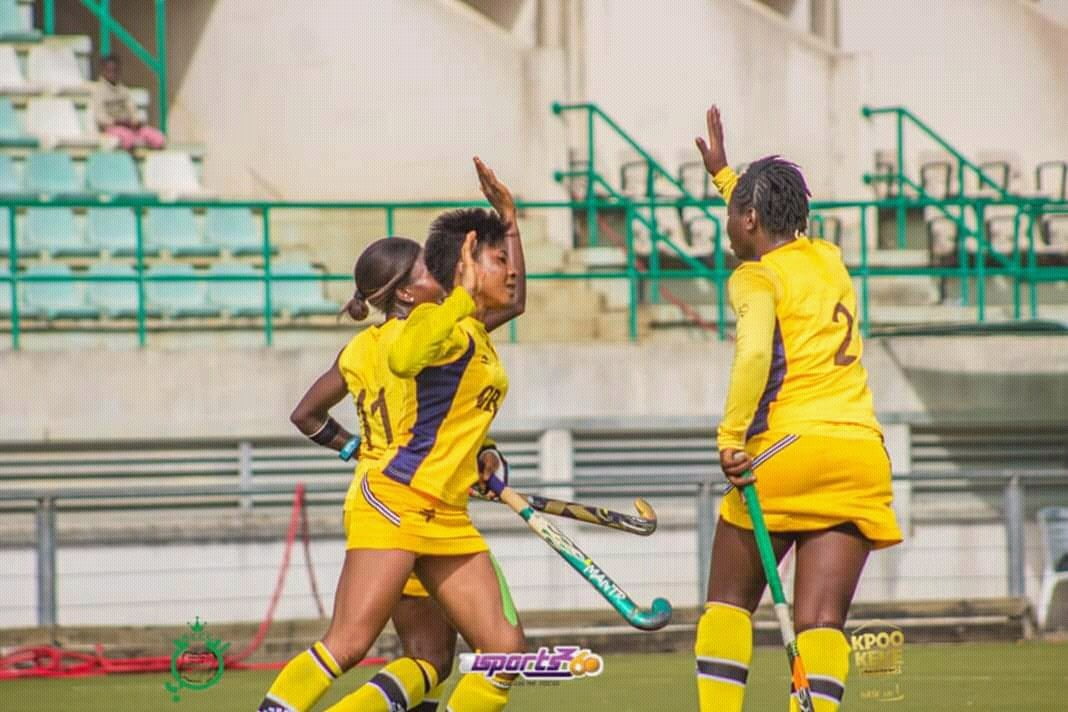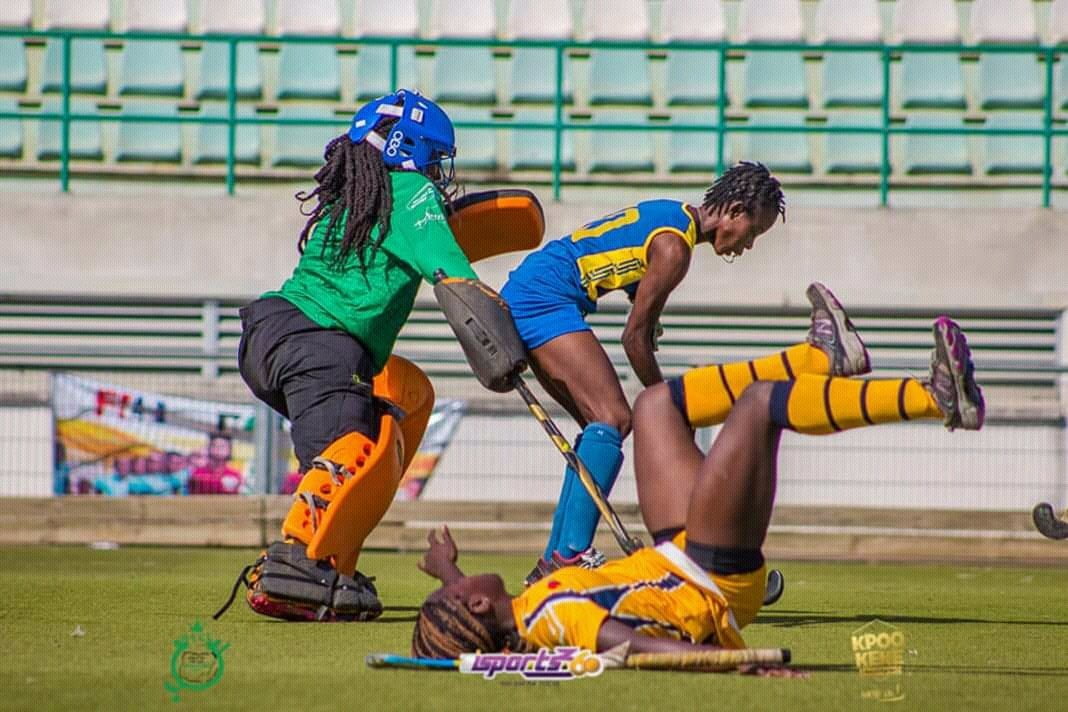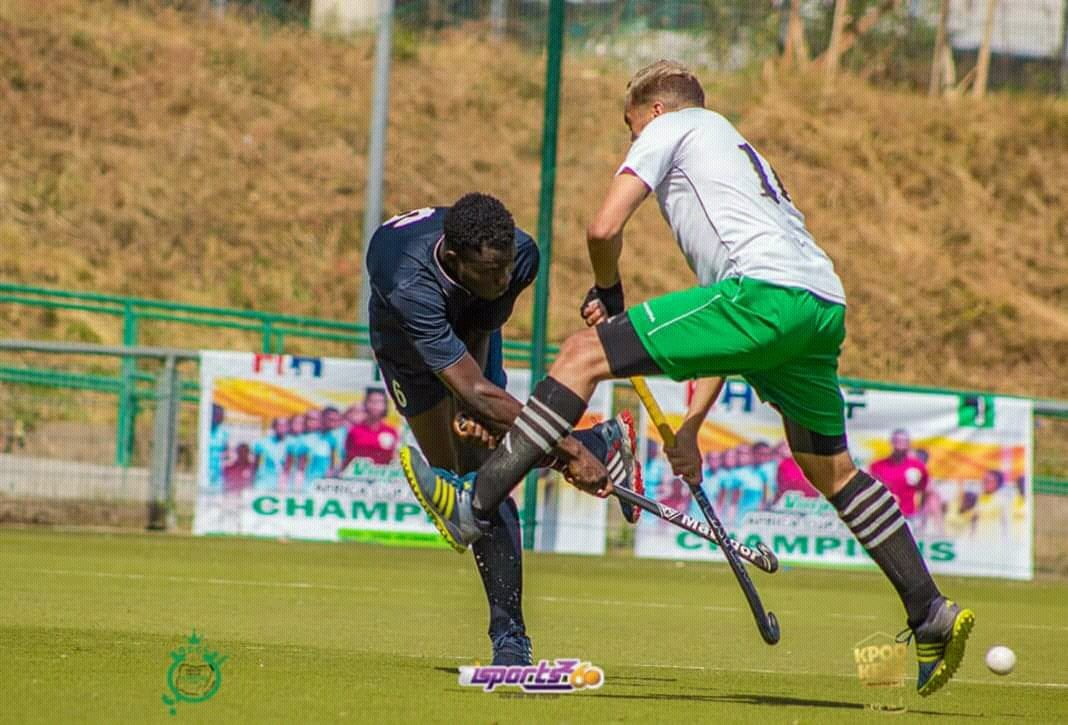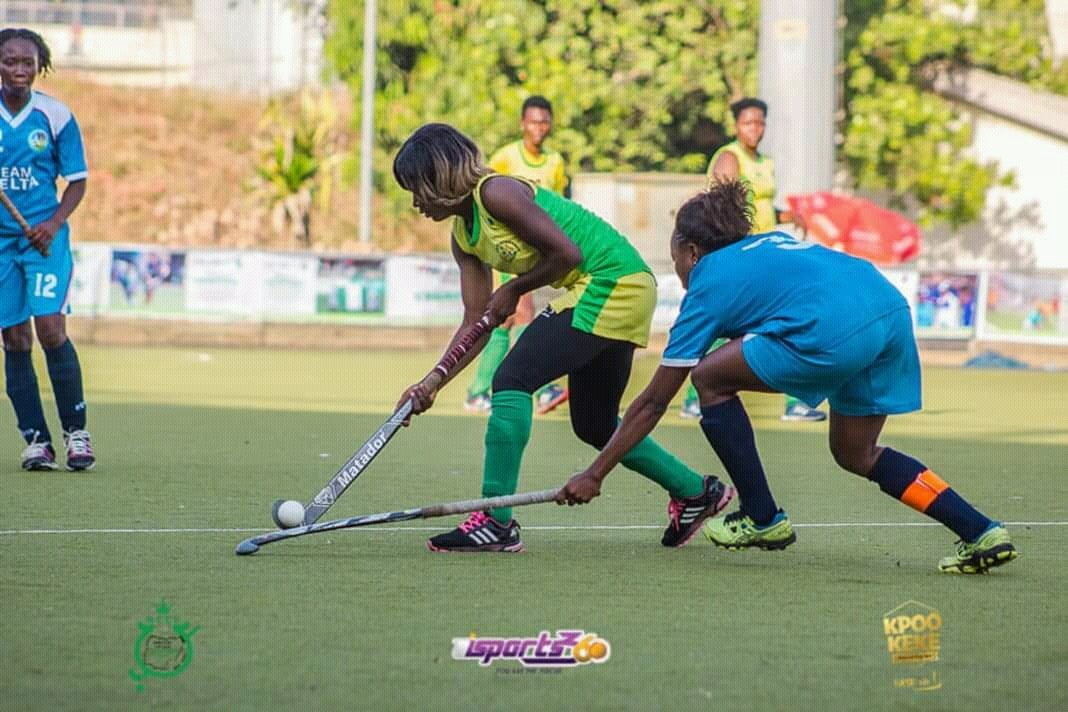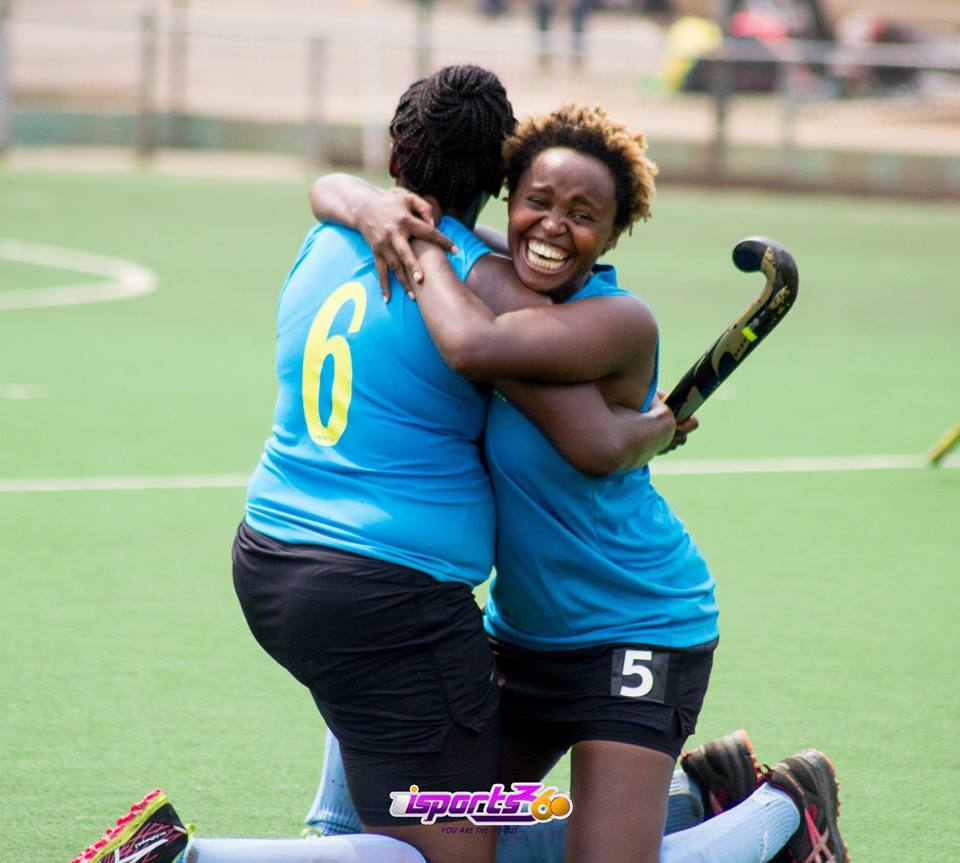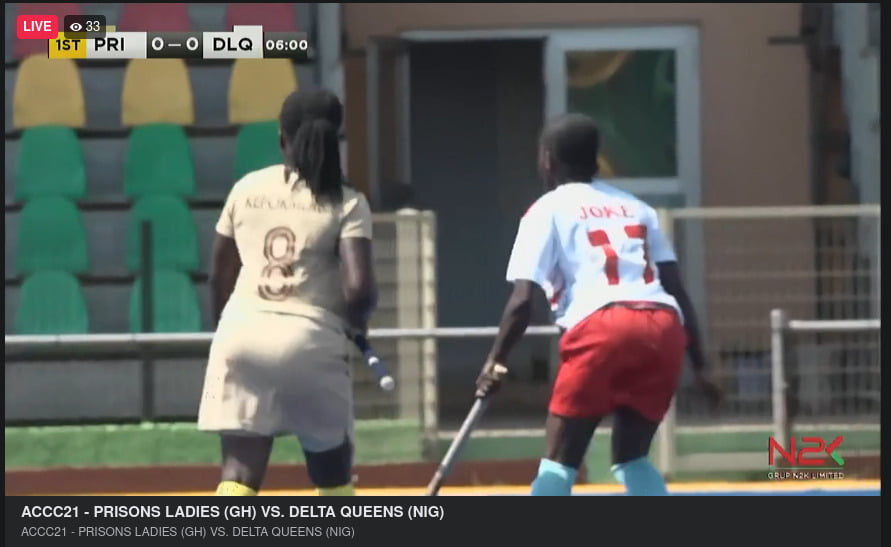Source: isports360.com | December 21, 2018 It was all joy for defending champions GRA as they beat Telkom in their match day five fixture and qualify to the final. The champions who had not been impressive in their opening three games looked to have regained confidence after their match against Delta which they won 7-0. With Telkom already in the final, pressure was on GRA to win at all cost especially after Ghana Police ladies had won earlier. The Champions looked a refined team with great display from the start. Playing so well, yet GRA failed to find the opener. Looking as wounded lions, they never gave up and went in search for that opener. Telkom on the other hand, gave them scary moments with few chances coming their way but the 2017 losing finalist could also not get the opener. A moment of scare in the first quarter from Jacqueline Wangechi as she lifted the ball over Azumah Bridget with the ball heading towards the goal post but Linda Effah bravely intervened to prevent the ball from entering. However, that moment finally came on the stroke of the end of third quarter. GRA won a penalty corner and Vivian Narkuoh with her first of the tournament put the champions infront. Telkom fought back to equalize but time run out as GRA carried the day to setup a repeat of the 2017 final against Telkom. Ghana Police had earlier in the day beaten Delta Queens in a game that saw five goals been scored. Delta surprisingly took the lead in the 5th minute courtesy a penalty stroke scored by Irame Beauty. Police responded quickly and got the equaliser. Delta went ahead again from a penalty corner this time around but the same scorer- Irame Beauty. Nafisatu Umaru scored two, a goal each in the third and final quarter both from a penalty corner to hand Ghana Police their third win of the campaign. Debutants USIU beat disappointing co-host Kada Queens in a game played in the early hours of the day. The newcomers cane from begins to register their first ever win at the ACCC. Kada who had not found the net in their previous four games finally broke the jinx in the 27th minute through Johnson Benedicta. Omindi Night scored in the 37th minute to tie the scores at 1-1. Jubilant celebrations followed five minutes later as Kuira Rhoda put USIU infront. The debutants held onto the lead till the final whistle to place fourth and book a place in the bronze medal match. MATCH DAY FIVE RESULTS Kada Queens 1 – 2 USIU Ghana Police 3 – 2 Delta queens Telkom 0 – 1 GRA
